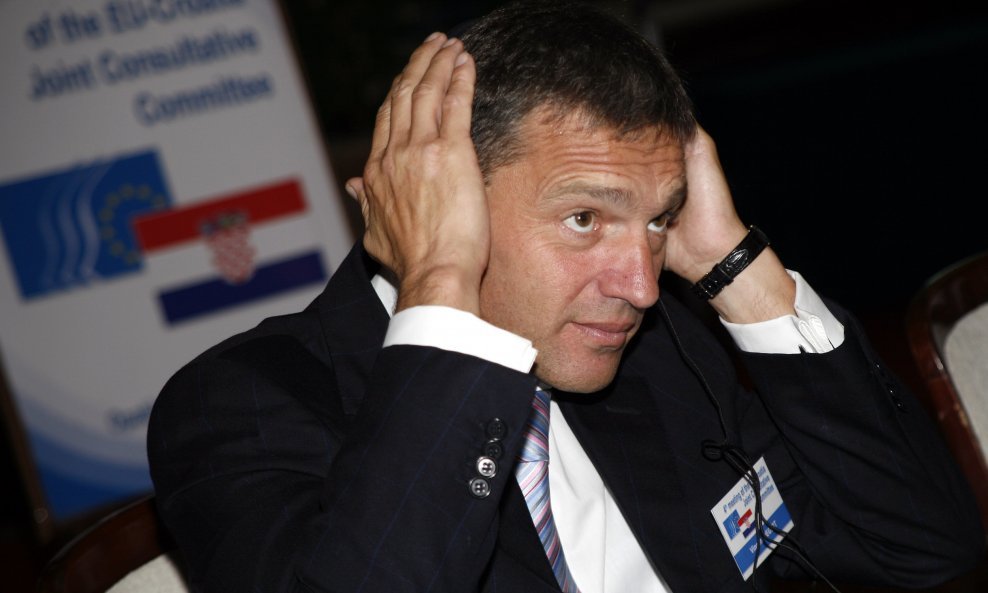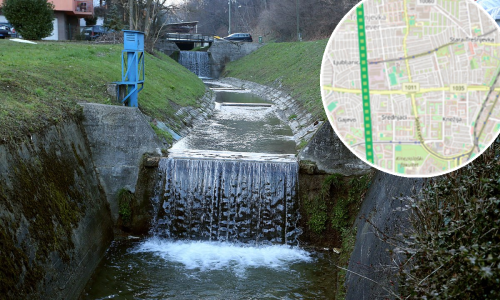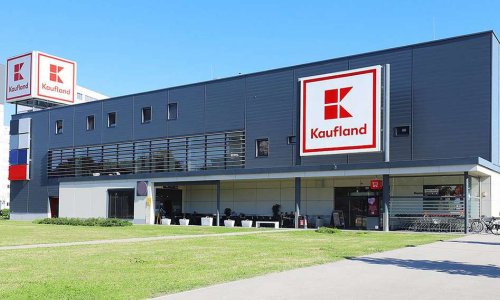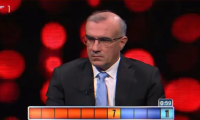Head of the European Union Delegation to Serbia Vincent Degert on Tuesday assessed that Serbia could gain a lot from Croatia's accession to the EU but that Croatia's membership of the EU would bring a series of advantages to other countries in the region as well.
Participating in a regional conference on the Central European Free Trade Agreement (CEFTA) after Croatia joins the EU, organised in Belgrade by the Serbian Chamber of Commerce (PKS), Degert said that Serbia has great benefits from agreements within CEFTA and that the EU supported domestic production in member states of this association but that they had to respect European standards.
The conference heard that Croatia's entry to the EU would contribute to Serbia increasing its trade surplus with CEFTA member states which would give it a dominant position within CEFTA and secure more foreign investments.
PKS president Zeljko Sertic recalled that negotiations were under way with CEFTA members states concerning amendments to the Stabilisation and Accession Agreement with the EU which would retain Croatia's export conditions for countries in the region.
Sertic suggested that once Croatia joined the EU, Serbia's economy needed also to prepare itself to join the EU.
Croatia's Ambassador in Belgrade Zeljko Kupresak said that countries in the region would in future also have Croatia's support in their endeavours to join the Union. "The enlargement process is continuing and that is a strong encouraging message and firm evidence that once Croatia joins the Union, enlargement will not end", he said.
Most participants said Croatia's accession to the EU should not have any drastic impact in relations with CEFTA countries.
The Assistant Trade and Tourism Minister in the Bosnian entity of Republika Srpska (RS), Dusanka Tegeltija, said that Croatia's accession to the EU could negatively impact the entity. She assessed that due to technical and customs barriers RS would not be able to export its goods to Croatia and Croatian goods would be more expensive on their market, which would more than likely mean that RS would turn to other markets, primarily Serbia.
CEFTA countries besides Croatia include Serbia, Bosnia and Herzegovina, Macedonia, Albania, Montenegro, Kosovo and Moldova. Once Croatia joins the EU it will formally lose its status as a member of this agreement. The EU is currently in negotiations with countries in the region to retain the current customs regime or at least to relieve some measures that will come into force on July 1 when Croatia joins the bloc, which would entail significant customs tariffs on Croatian productions on those markets.
Most products exported to the EU from CEFTA countries have privileged customs tariffs, however, this is not reciprocated for EU products exported to CEFTA countries.
































